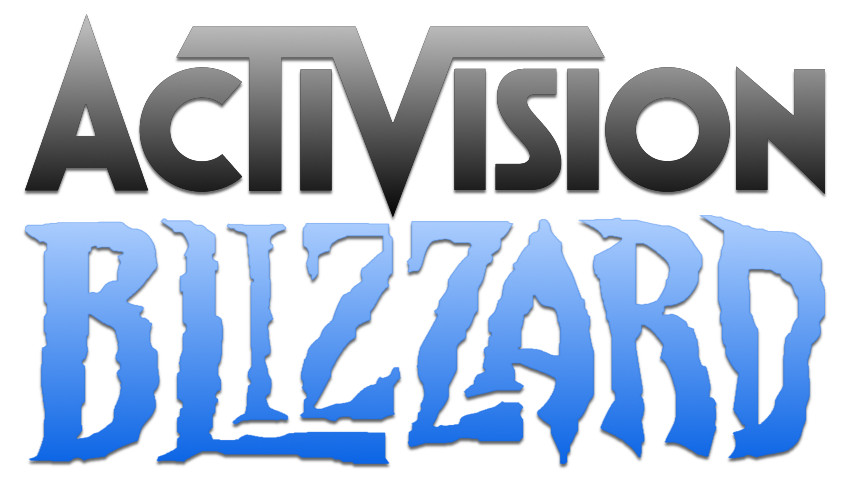 The thing most of us forget about the gaming industry is that the entertainment value of what they provide for consumers is only half of the equation. It’s still an industry – and surrounding all of the fun gameplay and epic stories are the business deals that happen just outside our field of view. So perhaps not a lot of people thought much of the fact that Activision Blizzard acquired King Digital this week. Some folks scratched their heads. Some probably didn’t register more than a “meh” before they went on about their day. I on the other hand went full on metageek, paying attention not to the fact that Diablo just bought Candy Crush, but more to the fact that the deal involved money to the tune of $5.9 BILLION.
The thing most of us forget about the gaming industry is that the entertainment value of what they provide for consumers is only half of the equation. It’s still an industry – and surrounding all of the fun gameplay and epic stories are the business deals that happen just outside our field of view. So perhaps not a lot of people thought much of the fact that Activision Blizzard acquired King Digital this week. Some folks scratched their heads. Some probably didn’t register more than a “meh” before they went on about their day. I on the other hand went full on metageek, paying attention not to the fact that Diablo just bought Candy Crush, but more to the fact that the deal involved money to the tune of $5.9 BILLION.
If you want to put that to scale, Microsoft paid Mojang about $2.5 billion for Minecraft. And for some real perspective – Disney paid roughly $4 billion for the Star Wars franchise – $2 billion less than the Candy Crush deal. Let that sink in for a minute, because that is incredible.
Activision Blizzard is home to the wildly popular Call of Duty franchise and the realms of Warcraft, Starcraft, and Diablo. King Digital, famous for its mobile and browser-based games, is most famous for bringing us Candy Crush. And on its face to most people it could seem like a pretty random buy. The former makes mega-large scale games in the FPS, fantasy and MMO space, while the latter caters to mobile, with what some would call “casual” gaming. They’re two companies that have close to zero overlap in any gaming sector. And that’s why it makes sense. The acquisition gives Activision Blizzard a foothold in an area they’ve yet to really conquer, with the exception of the free-to-play Hearthstone now available on smartphones and tablets.
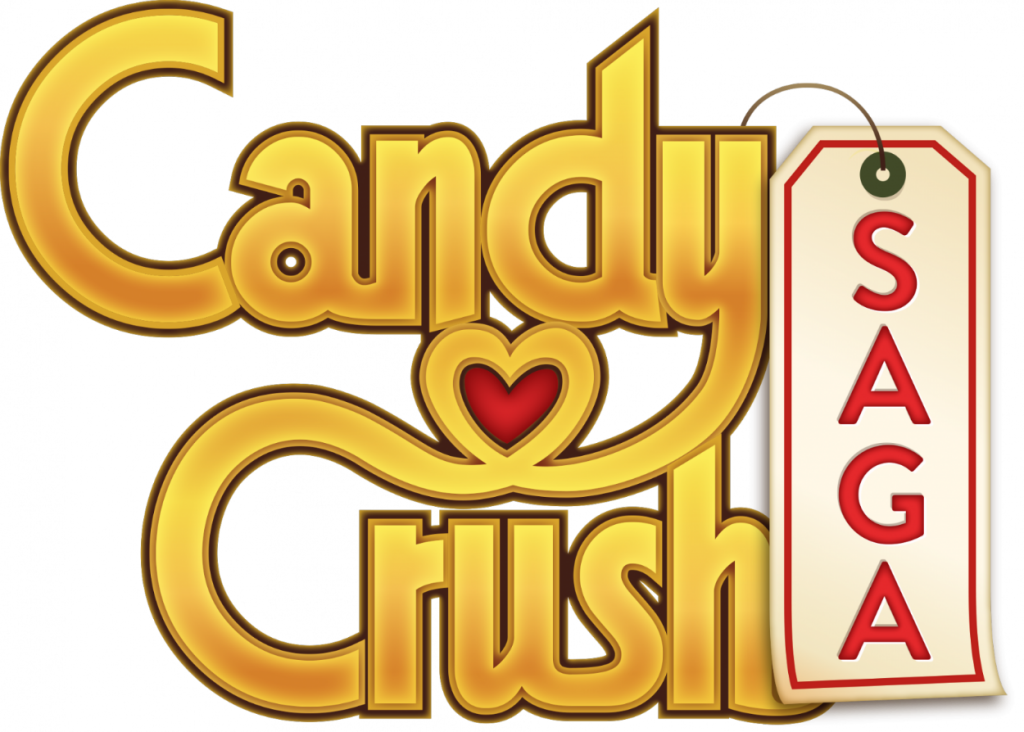 As software and games change, it’s a clear trend that mobile is the new hotness. The current generation has grown up with solid mobile platforms which include increasingly strong smartphones. This is especially true with younger gamers 17 and under, according to global information company The NPD Group. And even from my personal experience, when I’m traveling (and let’s face it, even when I’m in the office) there’s never a shortage of people tapping away at their touchscreens getting their game on.
As software and games change, it’s a clear trend that mobile is the new hotness. The current generation has grown up with solid mobile platforms which include increasingly strong smartphones. This is especially true with younger gamers 17 and under, according to global information company The NPD Group. And even from my personal experience, when I’m traveling (and let’s face it, even when I’m in the office) there’s never a shortage of people tapping away at their touchscreens getting their game on.
I myself have been epicly thrashed in Hearthstone on my phone during my lunch in my office – sandwich in one hand and disappointment and sadness in the other, thanks to Thrall and his incessant totem dropping.
So given the trend, why spend dollars creating something to compete in that space when it’s more effective to acquire a group that already does it well? Picking up King Digital brought in a lot of talent with a ton of experience in the mobile gaming space, which opens up a lot of opportunities to not only create new IP, but to bolster their existing game lines as well. That had to be Bobby Kotick’s thinking, probably spurred on by the success of Hearthstone.
And I have a sneaking suspicion that King Digital’s 474 million monthly active users had something to do with it too.
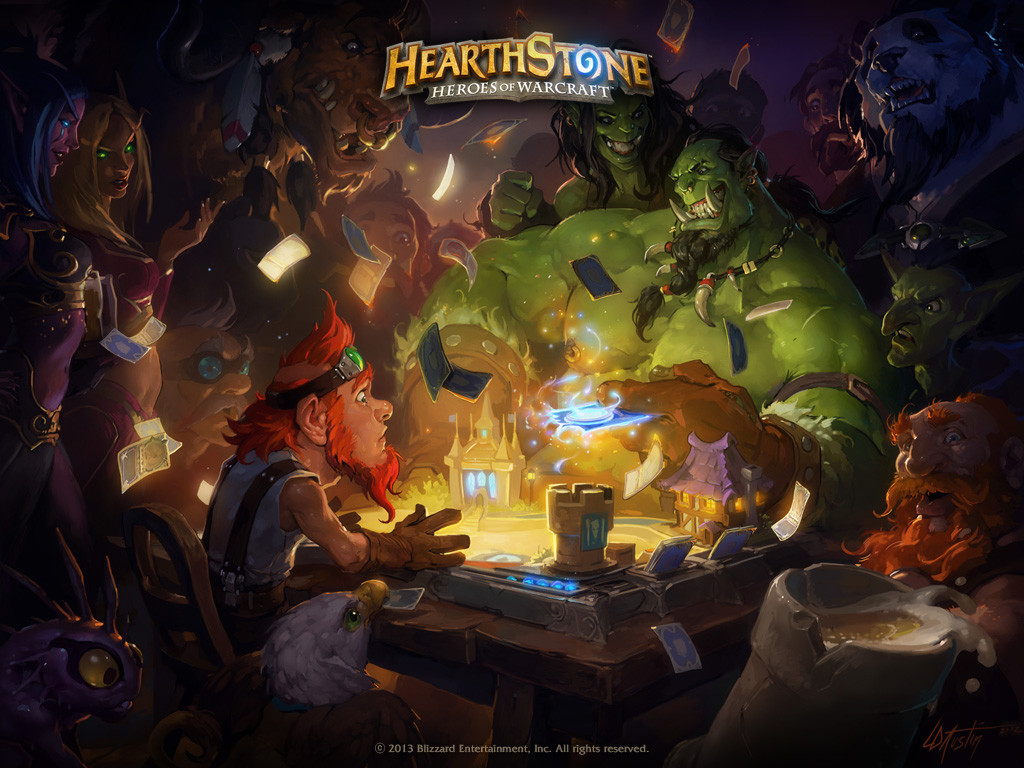 The fact of the matter is that this deal will have almost zero effect on the 474 million candy crushers out there, but could prove to bring some enhancements or new features to the Activision Blizzard franchises that we love. Early this year they released Call of Duty Online in the Chinese market, spearheading the movement to bring their well known franchises to mobile and pick up a new audience for their games. Let’s be real, not everyone is drinking the Kool Aid in Azeroth, and there’s a lot of players they could now provide more content to that they couldn’t before.
The fact of the matter is that this deal will have almost zero effect on the 474 million candy crushers out there, but could prove to bring some enhancements or new features to the Activision Blizzard franchises that we love. Early this year they released Call of Duty Online in the Chinese market, spearheading the movement to bring their well known franchises to mobile and pick up a new audience for their games. Let’s be real, not everyone is drinking the Kool Aid in Azeroth, and there’s a lot of players they could now provide more content to that they couldn’t before.
According to Bobby Kotick in the official press release:
The combined revenues and profits solidify our position as the largest, most profitable standalone company in interactive entertainment. With a combined global network of more than half a billion monthly active users, our potential to reach audiences around the world on the device of their choosing enables us to deliver great games to even bigger audiences than ever before.
Well there’s that, and also the deal makes a pretty penny for King CEO Ricardo Zacconi.
So what’s my verdict? I get the deal and it does make sense to me. I’m not completely convinced of the valuation – there’s a lot of financial mumbo jumbo I’m not going to bore you with – but the deal itself makes sense. I feel like Activision Blizzard now having a crew of mobile experts and a platform to work from could really enhance Hearthstone as their current big mobile game, but also allow them to make Battle.net bigger and better, and spark some creative revitalization for some franchises that, to be quite honest, have gone a bit stale. And my hunter, my barbarian, my monk, my crusader, and myself – all hope that I’m right. We’ll have to wait until Spring to find out.
Tushar Nene
Staff Writer
@tusharnene
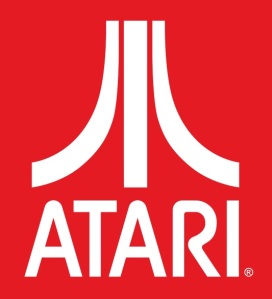 You know those friends that you used to hang out with all the time when you were kids, now just see every once in a while during the holidays? For some gamers on the console front that was Atari. Even though I still consider Fairchild’s Channel F as the “OG” of console gaming, in the late 70’s and early 80’s Atari was where it was at. And it’s a little rough to say that this old friend of ours, whose 2600 system gave us games like Asteroids and Space Invaders on, filed for chapter 11 bankruptcy this past Monday in New York.
You know those friends that you used to hang out with all the time when you were kids, now just see every once in a while during the holidays? For some gamers on the console front that was Atari. Even though I still consider Fairchild’s Channel F as the “OG” of console gaming, in the late 70’s and early 80’s Atari was where it was at. And it’s a little rough to say that this old friend of ours, whose 2600 system gave us games like Asteroids and Space Invaders on, filed for chapter 11 bankruptcy this past Monday in New York.
Atari SA is filing to separate from their French masters Infogrames after what can only be described as a troubled history over the last couple of decades. Through a lot of crazy mergers and acquisitions over that time, they were property of Time Warner, then Tramel, then to what could be considered their comeback under Hasbro’s flag before being picked up by Infogrames. Infogrames tried to turn the brand into mobile entertainment, casual games and digital downloads, which just didn’t seem to work out to well. Since their 2600 console, they’ve been almost a jinx for anyone who had them at the time. At this point they’re so far removed from their original bread and butter of console and old-school arcade games that they just can’t keep up with the big studio games dominating the market.
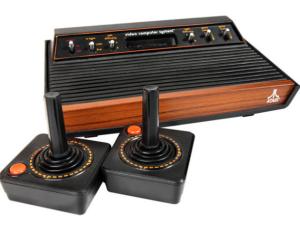 Now this doesn’t mean the Atari brand is going away. This is a strategic move to sell off some of their properties because they’re sorely strapped for cash, and owe a lot of creditors a lot of money. In a statement from Atari, “The Chapter 11 process constitutes the most strategic option for Atari’s U.S. operations, as they look to preserve their inherent value and unlock revenue potential unrealized while under the control of Atari SA (ATA). During this period, the company expects to conduct its normal business operations.”
Now this doesn’t mean the Atari brand is going away. This is a strategic move to sell off some of their properties because they’re sorely strapped for cash, and owe a lot of creditors a lot of money. In a statement from Atari, “The Chapter 11 process constitutes the most strategic option for Atari’s U.S. operations, as they look to preserve their inherent value and unlock revenue potential unrealized while under the control of Atari SA (ATA). During this period, the company expects to conduct its normal business operations.”
OK. We’ll see how this works out.
Remember when a couple of guys named Steve worked at Atari before starting a little company called Apple? We sure are a far ways away from then. Oh and on another note, I’ve been hearing tell of an Asteroids movie, and now it’s even listed on IMDB for 2014. Maybe this was all part of the deal?
I’ll keep an eye on that rumor mill for you, kids.
Tushar Nene
Staff Writer
@tusharnene











